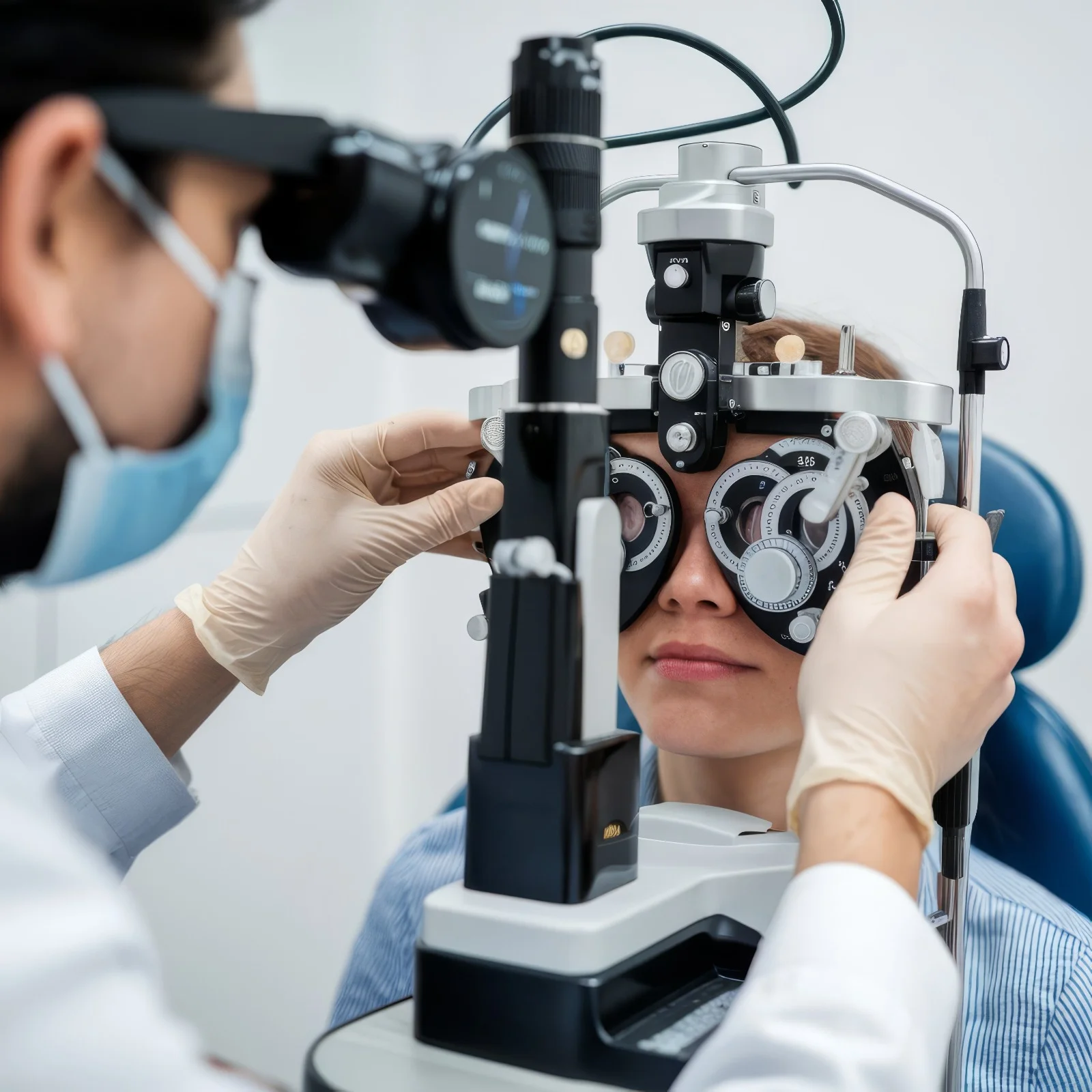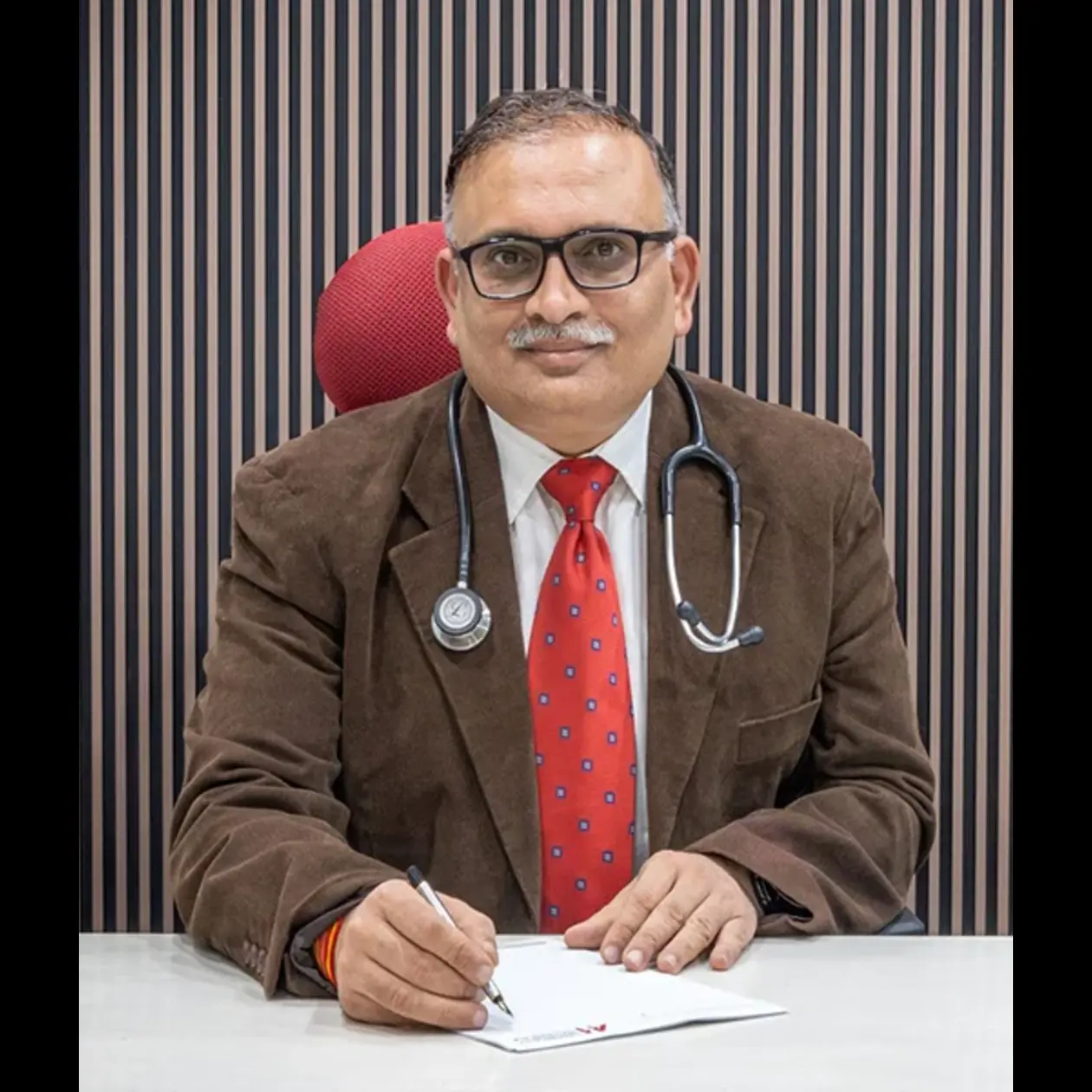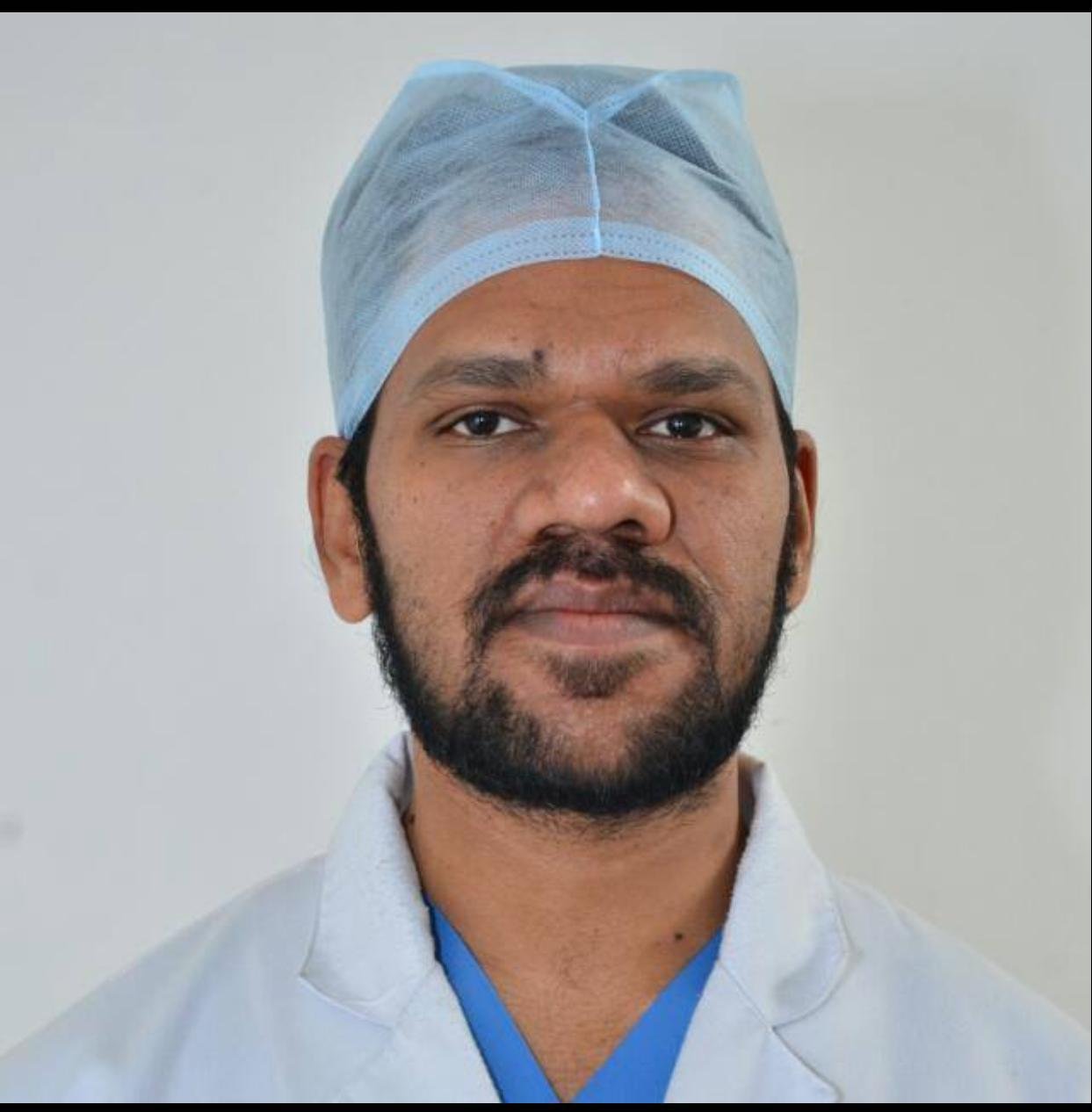


Superspeciality Care Under One Roof
Expert Treatment for Cataract, Hernia, ENT, Eye Conditions & More
Maternity & Delivery Care
Safe, Comfortable, and Personalized Birthing Experience
Advanced Diagnostic Facilities
Accurate, Reliable & Timely Diagnostics for Better Treatment Outcomes
24×7 Emergency
At A1 Superspeciality Healthcare, our emergency team is available 24×7 to handle critical situations with swift precision.
+91 8097193974
Meet our Doctors
Discover compassionate care and unparalleled expertise with our dedicated team of specialists at A1 Superspeciality Healthcare.
Consulting Hours
-
Monday - Friday8:00 - 7:00 PM
-
Saturday6:00 - 5:00 PM
-
Sunday9:00 - 4:00 PM
-
Emergency24HRS 7Days
Welcome To A1 Superspeciality Hospital in Dahisar East, Mumbai
Welcome to A1 Superspeciality Healthcare, the leading multispeciality hospital in Dahisar, Mumbai dedicated to providing world-class medical treatment with state-of-the-art infrastructure, advanced technology, and highly experienced specialists. Under the leadership of Dr. Vivek Chaurasia, we specialize in angiography, angioplasty, knee replacement, hernia surgery, bariatric surgery, and a wide range of surgical and non-surgical treatments tailored for our patients’ well-being.

Why Choose A1 Superspeciality Healthcare, Mumbai?
A1 Superspeciality Healthcare, founded by Dr. Vivek Chaurasia, is dedicated to exceptional patient care with a range of advanced medical services in a compassionate environment. Our state-of-the-art facilities and expert team ensure optimal recovery and support.
- Best hospital in Dahisar offering advanced medical and surgical care
- Team of expert doctors led by Dr. Vivek Chaurasia
- 24/7 emergency services and critical care
- Advanced surgical procedures including laparoscopic and minimally invasive surgeries
- Patient-centric care with a focus on faster recovery and better outcomes
State-of-the-Art Facilities We Provide

40-bed super-specialty hospital

In-House Diagnostic
Facility

Diabetic Foot Care
& Surgical Treatments
150
+150
+Healthcare Experts
40
+40
+Beds Hospital
500
+500
+Successful Surgeries
3000
+3000
+Happy Patients
Our Services

Cardiology & Heart Care
Angiography & Angioplasty, Heart Disease Management, 24/7 Emergency Cardiac Services

ENT Care
Hearing Loss & Tinnitus Management, Sinusitis Treatment, Throat Disorders, Pediatric ENT Care

General & Laparoscopic Surgery
Hernia Surgery, Gallbladder Stone Removal, Appendicitis Surgery

Gynaecology & Obstetrics
Normal & Painless Delivery, C-Section Delivery (LSCS), Menopause & Hormonal Therapy

Bariatric & Weight Loss Surgery
Gastric Bypass & Sleeve Gastrectomy, Diabetes Control Through Bariatric Surgery

Oncology & Onco Surgery
Cancer Screening & Diagnosis, Chemotherapy, Radiation Therapy

Critical Care & Emergency Services
ICU & NICU Services, Ventilator & Life-Support Facilities, Dialysis Services

Orthopedics & Joint Replacement
Knee Replacement, Hip Replacement, Arthroscopy & Sports Injury Treatment
our Journey at A1 Superspeciality Hospital, Dahisar

Emergency Care
Our state-of-the-art emergency department is equipped to handle critical situations with urgency and expertise.

Operating Theater
For surgical interventions, our advanced operating theaters are designed to meet the highest standards of safety and efficiency.

Blood Tests
Our in-house laboratory offers a comprehensive range of blood tests and diagnostic services.

Inpatient Care
Our nursing staff, along with specialized doctors, monitor your progress closely and tailor treatments to your individual needs, ensuring a speedy recovery.

Outpatient Services
Our outpatient department offers a wide range of services, from routine checkups to specialist consultations.

Post-Operative Care & Rehabilitation
Recovery continues beyond surgery. Our post-op care helps you regain strength and resume daily life.
our Journey at A1 Superspeciality Hospital, Dahisar

Emergency Care
Our state-of-the-art emergency department is equipped to handle critical situations with urgency and expertise.

Operating Theater
For surgical interventions, our advanced operating theaters are designed to meet the highest standards of safety and efficiency.

Blood Tests
Our in-house laboratory offers a comprehensive range of blood tests and diagnostic services.

Inpatient Care
Our nursing staff, along with specialized doctors, monitor your progress closely and tailor treatments to your individual needs, ensuring a speedy recovery.

Outpatient Services
Our outpatient department offers a wide range of services, from routine checkups to specialist consultations.

Post-Operative Care & Rehabilitation
Recovery continues beyond surgery. Our post-op care helps you regain strength and resume daily life.
Meet our Experts
Dr. Vivek K. Chaurasia
M.D.(Med.) ChairmanDr. Vishal Diddi
General and Laparoscopic SurgeonDr Mrugank Narvekar
Orthopedic Surgeon
Book your Appointment
What Our Happy Patients Say
EXCELLENTTrustindex verifies that the original source of the review is Google. Good hospital with state of the art facilities. Excellent doctors with regular checkup and follow up. Polite and courteous administrative and hospital staff. No hassles during the admission or discharge process.Trustindex verifies that the original source of the review is Google. I had a good experience at A1 Superspeciality Hospital, my fathers treatment went very well and the hospital is reasonably priced. The facilities are cleand, hygenic and the staff is helpfully.Trustindex verifies that the original source of the review is Google. Good facility Supporting staf Good service Etc😊 My husband enjopalsty has great treatmentTrustindex verifies that the original source of the review is Google. My relative was admitted here recently and we received best service there. The staff here is polite and helpful. They also maintain the cleanliness and hygiene.Trustindex verifies that the original source of the review is Google. My husband was admitted in A1 super speciality health care hospital Dahisar anand nagar The treatment was very good and hygiene also mentain thank you so much A1 team nursing staff and Duty doctors and Dr.Vivek Chaurasiya sir 🙏Trustindex verifies that the original source of the review is Google. This is my second visit to this exemplary hospital, and I remain profoundly impressed by its outstanding service. The facility boasts an extensive array of advanced medical technologies and services, including sonography, dialysis, AV fistula insertion, angiography, and angioplasty, as well as specialized tests such as echocardiography, endoscopy, and dermatoscopy, electromyography (EMG), and X-ray for external assessments, and many more. The staff is exceptionally courteous, proficient, and supportive, complemented by a cadre of highly experienced doctors spanning all specialties. The hospital upholds impeccable standards of cleanliness and hygiene, underscoring its dedication to excellence. I wholeheartedly commend this institution for its superior care and cutting-edge infrastructure. Patient name - Mohini My name - AnayTrustindex verifies that the original source of the review is Google. My Father was completely shaken bedridden and in condition which i bought him to A1 hospital was completely bad, the entire team took the charge and made him feel home and made sure that he back on his feet walking alone ,thank you so much entire A1 hospitality team for making father completely all right thank u so much Dr Vivek Chaurasia sir for givmy father back to me Thank you again always thankful to youTrustindex verifies that the original source of the review is Google. The Best hospital in Borivali area so far. Neat clean and huge rooms. Liked the great smiling attitude of the staff. Keep it upTrustindex verifies that the original source of the review is Google. Good facility.but food not up to the mark and beds could be broader.thank you
Our Blogs
FREQUENTLY ASKED QUESTIONS
Where is A1 Superspeciality Hospital located?
A1 Superspeciality Hospital is located in Dahisar East, Mumbai. It is easily accessible by road and rail from nearby areas.
What specialties are available at A1 Superspeciality Hospital?
We offer a wide range of specialties including:
- Cardiology
- Neurology
- Gastroenterology
- Orthopedics
- General Surgery
- ENT
- Urology
- Critical Care and more.
Do you provide emergency services?
Yes, our emergency department operates 24/7, equipped to handle critical situations with urgency and expertise.
What surgical facilities do you offer?
Our hospital features a modular operating theater complex equipped with advanced technology to perform various surgical procedures safely and efficiently.
What services are available for diabetic patients?
We offer specialized diabetic foot care and surgical treatments to manage and prevent complications associated with diabetes.
Do you provide neurosurgical services?
Yes, we have a dedicated neurosurgery department with a stroke unit, offering advanced treatments for neurological conditions, including brain and spine surgeries.
Is there a pharmacy on-site?
Yes! Our in-house pharmacy ensures you get the prescribed medicines without hassle.
Do you accept health insurance?
Yes, we work with major health insurance providers. Feel free to check with us for specific details.
Which specialists are available at A1 Superspeciality Healthcare?
We have experienced doctors across various specialties, including cardiology, orthopedics, neurology, gynecology, and more.










